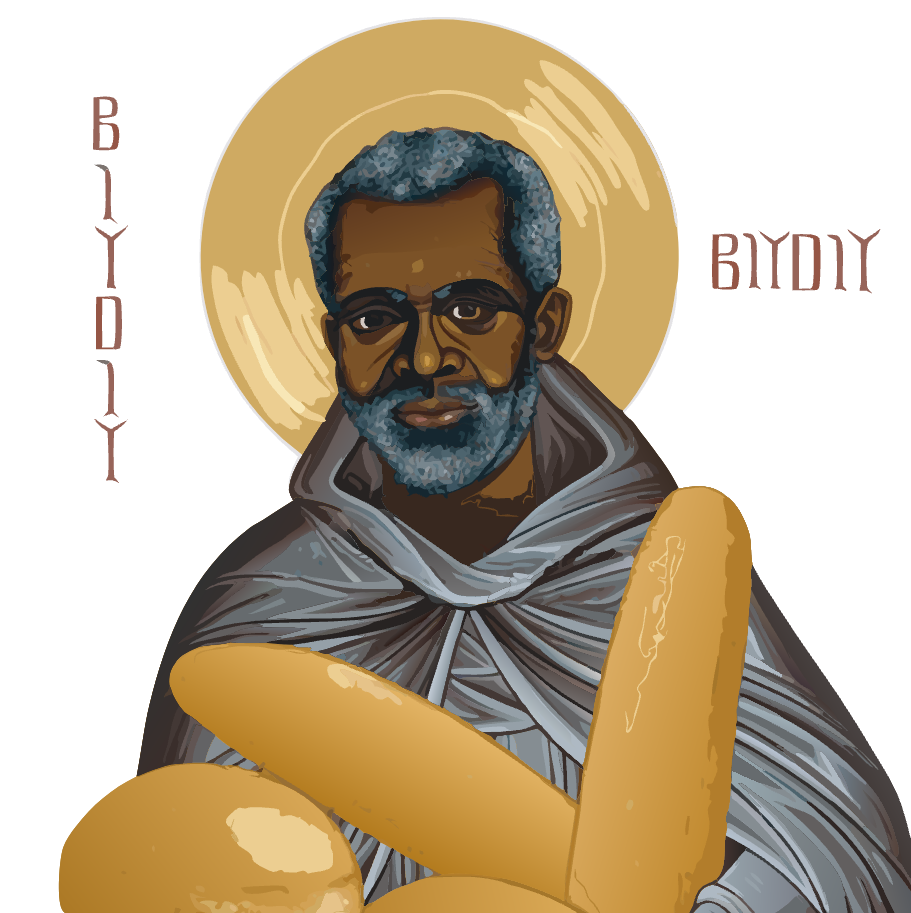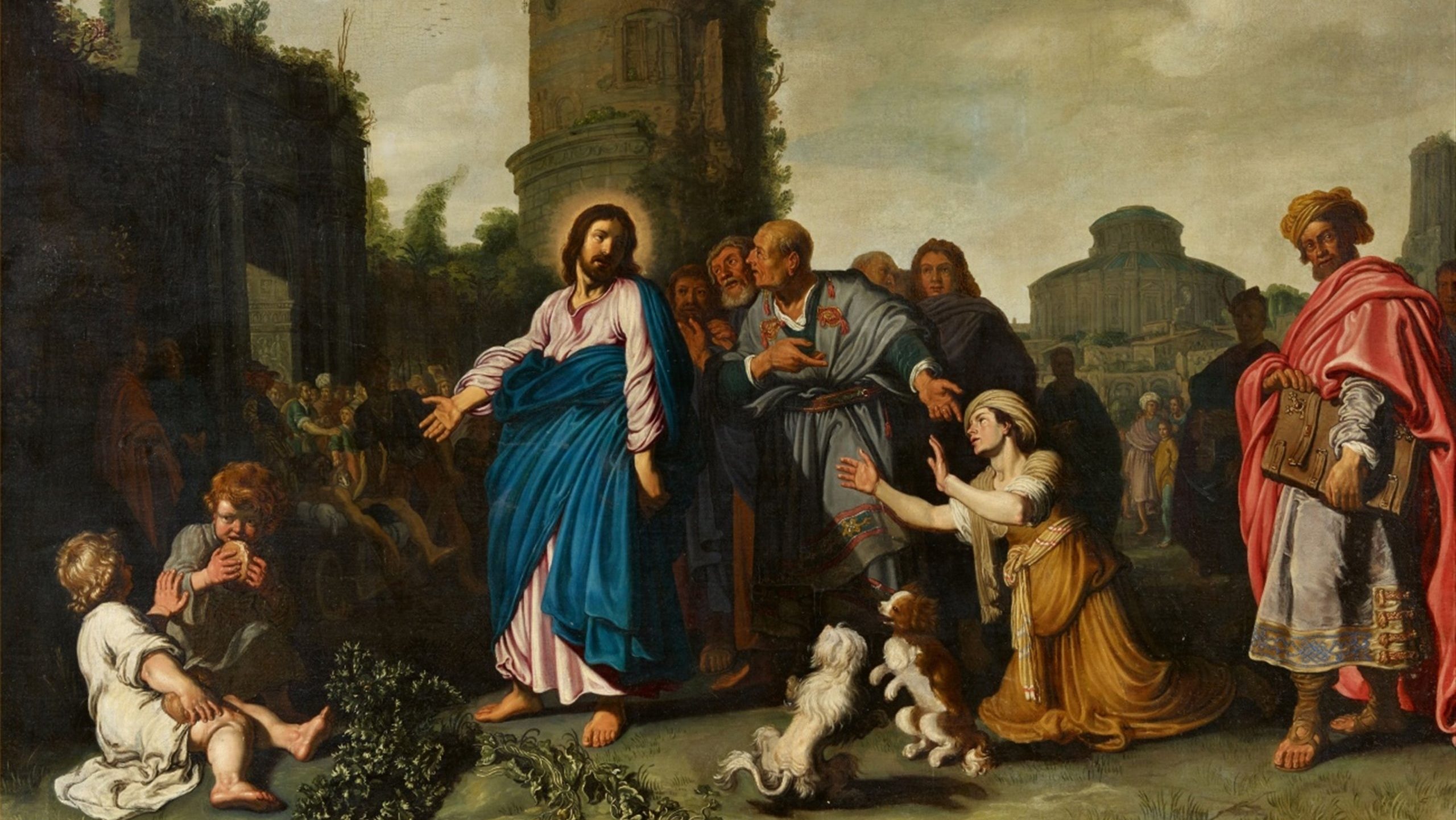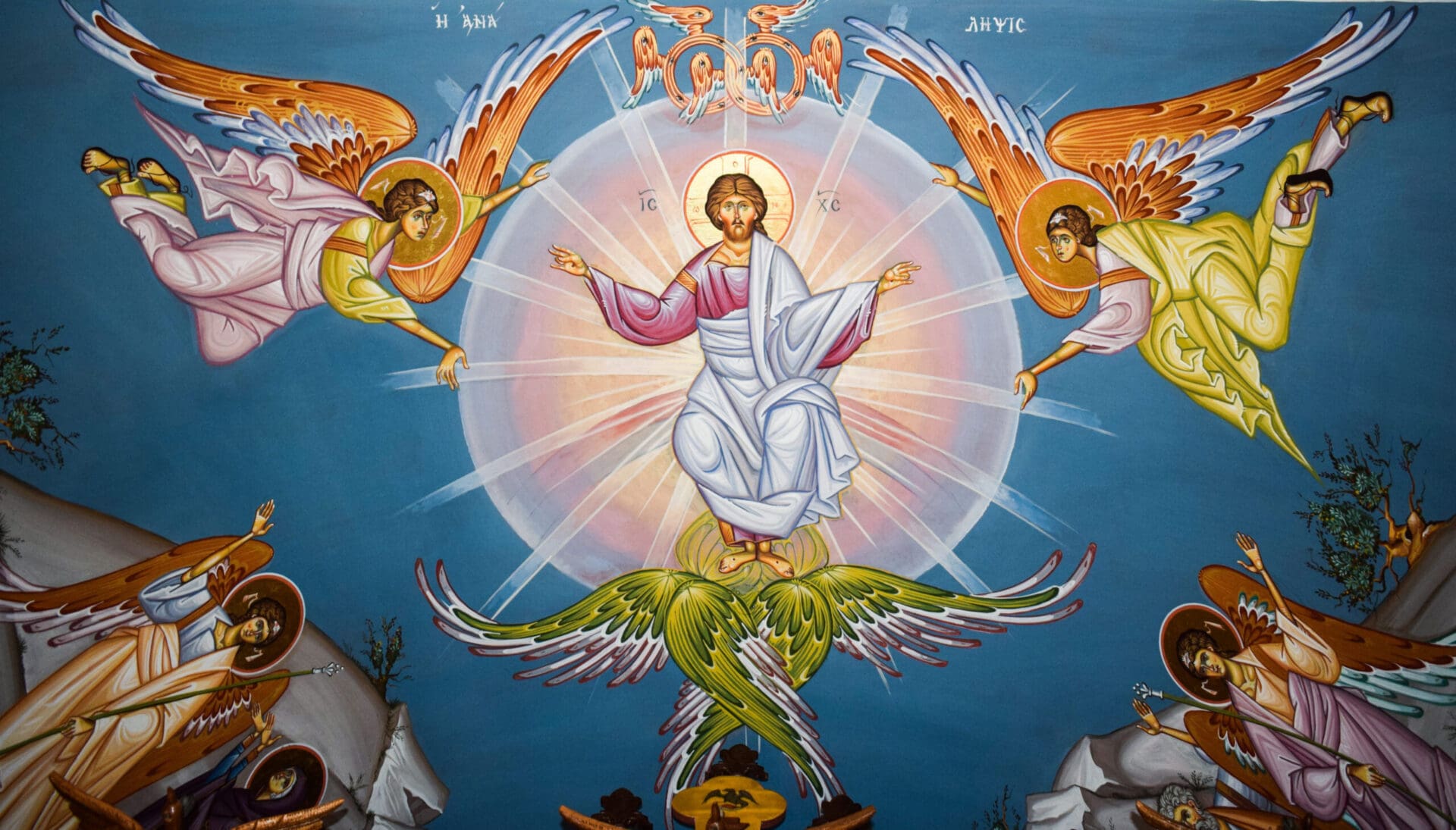The Formation of Disciples and Welcome into the Kingdom of God
Introduction:
Dear brothers and sisters, today we reflect on the Gospel passage that speaks of the formation of the disciples by Jesus and the precious teachings that emerge from this episode. This passage not only imparts a lesson to the first followers of Christ but continues to hold deep significance for us, today’s disciples.
I. Pedagogical Purpose of Discipleship Formation:
Today’s Gospel shows us that Jesus not only shared His wisdom and guidance with the disciples but also prepared them for their role in the new people of God. This episode is infused with pedagogical meaning. Although the disciples display compassion for the woman, Jesus seizes the opportunity to teach them important spiritual truths. Just as in the multiplication of the loaves, a dynamic emerges where the disciples seem more compassionate than Jesus, but it is through the woman that Jesus imparts a fundamental lesson.
II. The Lost Sheep of the House of Israel:
Let us consider the previous context of the passage, where Jesus clashes with the Pharisees regarding the observance of the law. He reveals that adherence to the law does not solve humanity’s fundamental problem, which lies in the heart. Therefore, the separation between clean and unclean based on law observance makes no sense. Jesus came for all, including Israelites, the “lost sheep of the house of Israel.” This challenges the Pharisaic notion of exclusivity and emphasizes that salvation is offered to all through Christ.
III. Welcoming into the Kingdom of God:
Jesus brought the kingdom of heaven among men, inviting both Jews and Gentiles to partake. Israel is given priority in chronology, but salvation is open to all since everyone needs to be saved. Nonetheless, the choice to embrace the kingdom lies in man’s attitude. The Canaanite woman represents deep humility that recognizes unworthiness yet approaches Jesus with faith. The reference to “dogs” underscores the need to receive God’s gifts with true understanding.
IV. The Bread of the Kingdom and Inclusion:
The woman acknowledges that Jesus is the one who provides the bread for the messianic banquet of the kingdom, paving the way for all, including those who consider themselves “last.” Even though we might find ourselves at the bottom in the kingdom, this is preferable to any other situation outside of it. The heart of the episode is the woman’s response, admitting her unworthiness but recognizing the possibility of being included in the banquet. The humility to acknowledge unworthiness is the key to receiving the gift of belonging to the kingdom.
Conclusion:
Dear brothers and sisters, today’s teaching challenges us to recognize our unworthiness and humble ourselves before God, embracing with gratitude His gift of salvation through Christ. As disciples, we are called to welcome the kingdom of God with humility and joy, knowing that the position we hold is not what matters, but the belonging to the kingdom itself. May we learn from the Canaanite woman to take the last place with humility, aware that the bread of the kingdom is what we truly need.




